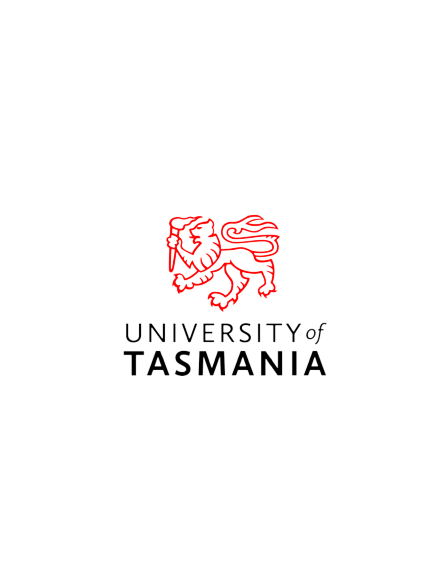
Net Zero on Campus: Facilities
Resources and case studies for decarbonizing campus facilities systems
Campus facilities include buildings for working, teaching and studying, laboratories, residence, and recreation, like theaters and gymnasiums. Facilities span across the areas of energy, materials, transport, and waste, all of which need to simultaneously contribute to a college or university’s net zero commitment. Strategies include replacing carbon and energy intensive equipment, establishing green laboratories, and retrofitting campus buildings.
Resources
Instructions for use: The directory categorizes each resource by Initiative, Type, and Decarbonization Stage. Use the filter and sort options in the top left corner of the panel below to narrow your search. Access the resource directory via a desktop for best use of filtering and sorting mechanisms. Click on each resource to expand the full details. For a larger view of the entire directory, use the expansion option in the bottom right corner of the panel.
Filter and Sort Options:
- Theme: What is Net Zero, Why Net Zero Matters, Enablers of Change, Institutional Support, Address All Emissions, Clearly Defined Targets, Cost-Benefit Analyses, Financing, Monitoring and Evaluation
- Initiative: Replace Carbon and Energy Intensive Equipment, Retrofit Campus Buildings, Construct New Sustainable Buildings, General Facilities
- Type: Campaign/Commitment, Database/Resource Hub, eBook, Guide/Report, Informational Article/Web Page, MOOC, Ranking, Tool, Video
- Decarbonization Stage (amount of net zero experience required):
- Starter: A university or college that is either at the pre-commitment stage or has recently made a commitment to net zero, and is yet to implement initiatives
- Proficient: A university or college that has taken the initial steps of transitioning to net zero and has a long term plan or strategy in place
- Advanced: A university or college that shows leadership in research and innovation in climate change and has implemented net zero initiatives on campus
- Accessibility: Open-Source, Proprietary
Case Studies
Case studies of exemplary campus decarbonization initiatives from universities and colleges at the forefront of climate action around the world. These case studies can help inspire and inform similar efforts on other campuses, as they offer key insights including lessons learned, barriers, and resources used in the realization of each project. Submit your own case study to be featured by contacting info@unsdsn.org.

For more case studies, please see the following networks: Second Nature, EAUC Sustainability Exchange, Race to Zero for Universities & Colleges, Green Gown Awards, SDSN Accelerating Education for the SDGs in Universities. The guides and reports included in the online toolkit also contain additional case studies and examples.
Get Involved with Net Zero on Campus
Contribute to the Online Toolkit
- Submit your own case studies and decarbonization resources to be featured;
- Share your questions and/or feedback with us at info@unsdsn.org.
Join Our Community
- Joining our global community and LinkedIn group;
- Join global networks of academic institutions working on decarbonization: SDSN, Second Nature, and EAUC. See our resource directory for more networks;
- Join the Race to Zero for Universities and Colleges campaign and make a net zero commitment;
- Empower your students and engage them in your campus decarbonization efforts: join
SDSN Youth and see our guide for more information.
Learn More
- Explore SDSN’s free, open educational resources from the world’s leading sustainable development experts to use in your classrooms: MOOCs, educational videos and lectures, and global community of practice.
Net Zero on Campus is a collaboration between SDSN, the Climateworks Centre, and Monash University, in partnership with Second Nature and the EAUC (Secretariat of the Race to Zero for Universities and Colleges).
Sign Up for SDSN Updates
Get our latest insights, opportunities to engage with our networks, and more.

SDSN mobilizes global scientific and technological expertise to promote practical solutions for sustainable development, including the implementation of the Sustainable Development Goals (SDGs) and the Paris Climate Agreement.
Paris
19 rue Bergère
75009 Paris
France
+33 (0) 1 84 86 06 60
New York
475 Riverside Drive
Suite 530
New York NY 10115 USA
+1 (212) 870-3920
Kuala Lumpur
Sunway University
Sunway City Kuala Lumpur
5 Jalan Universiti
Selangor 47500
Malaysia
+60 (3) 7491-8622
